Živé zkameněliny (1951)
Genre : Documentary
Runtime : 0M
Director : J. V. Staněk
Writer : J. V. Staněk
Synopsis
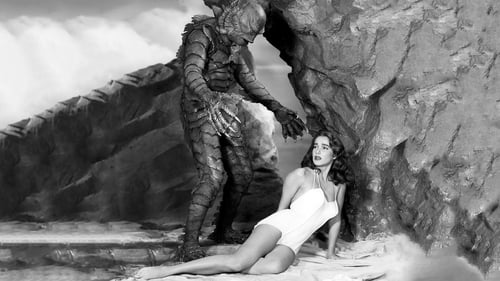
When scientists exploring the Amazon River stumble on a “missing link” connecting humans and fish, they plan to capture it for later study. But the Creature has plans of his own, and has set his sights on the lead scientist's beautiful fiancée, Kay.
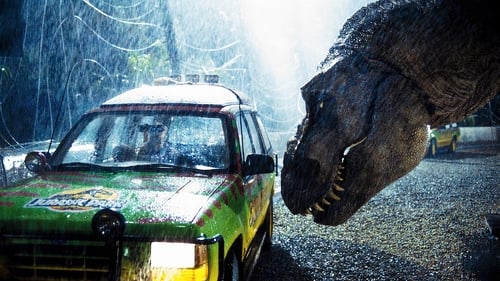
A wealthy entrepreneur secretly creates a theme park featuring living dinosaurs drawn from prehistoric DNA. Before opening day, he invites a team of experts and his two eager grandchildren to experience the park and help calm anxious investors. However, the park is anything but amusing as the security systems go off-line and the dinosaurs escape.
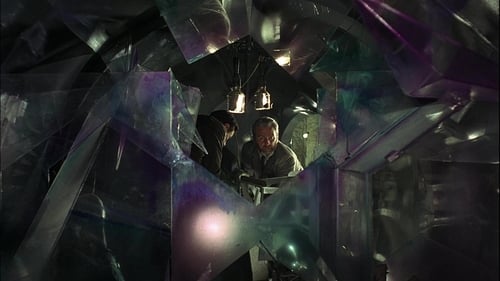
An ancient Martian spaceship is unearthed in London, and proves to have powerful psychic effects on the people around.
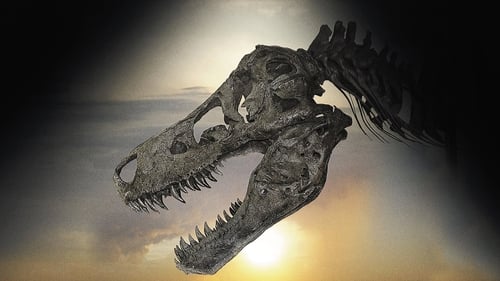
Two years after the discovery of "Sue," the largest and most complete Tyrannosaurus Rex skeleton found to date, government officials seize the remains and claim that "Sue" was stolen from federal land.
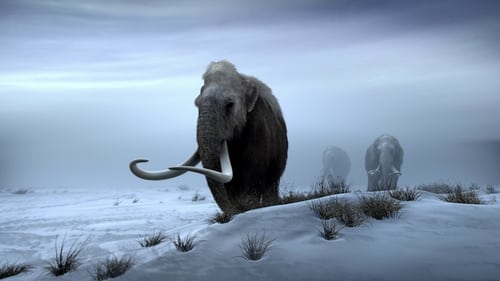
Titans of the Ice Age transports viewers to the beautiful and otherworldly frozen landscapes of North America, Europe and Asia ten thousand years before modern civilization. Dazzling computer-generated imagery brings this mysterious era to life - from saber-toothed cats and giant sloths to the iconic mammoths, giants both feared and hunted by prehistoric humans.
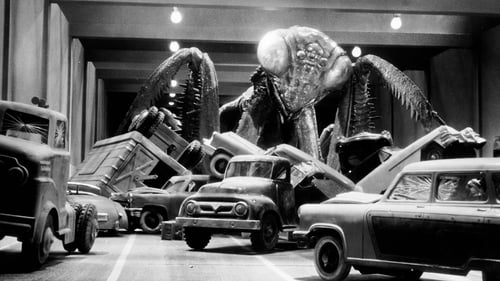
The calving of an Arctic iceberg releases a giant praying mantis, trapped in suspended animation since prehistoric times. It first attacks military outposts to eat their occupants, then makes its way to the warmer latitudes of Washington and New York. A paleontologist works together with military units to try to kill it.

Could scientists recreate Hollywood's Jurassic Park using 100-million-year-old dinosaur DNA? Director Steven Spielberg, author Michael Crichton, actor Jeff Goldblum, and a host of scientific experts answer this compelling question in the award-winning Nova documentary, The Real Jurassic Park. Behind-the-scenes clips, interviews, and demonstrations with leading paleontologists investigate the viability of reviving the extinct species. All phases of logistics are addressed, including extracting prehistoric insect DNA, creating embryos for placement in host eggs, and more. The scientific analysis of the process leads to the examination of the ethics of recreating a vanished life form.
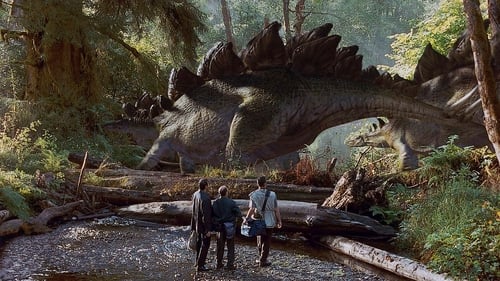
Four years after Jurassic Park's genetically bred dinosaurs ran amok, multimillionaire John Hammond shocks chaos theorist Ian Malcolm by revealing that he has been breeding more beasties at a secret location. Malcolm, his paleontologist ladylove and a wildlife videographer join an expedition to document the lethal lizards' natural behavior in this action-packed thriller.
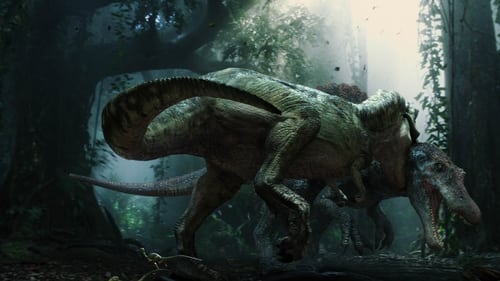
In need of funds for research, Dr. Alan Grant accepts a large sum of money to accompany Paul and Amanda Kirby on an aerial tour of the infamous Isla Sorna. It isn't long before all hell breaks loose and the stranded wayfarers must fight for survival as a host of new -- and even more deadly -- dinosaurs try to make snacks of them.

Dinosaurs died out 65 million years ago and we have hardly ever found a complete skeleton. So how do we turn a pile of broken bones into a dinosaur exhibit? Dr Alice Roberts finds out how the experts put skeletons back together, with muscles, accurate postures, and even - in some cases - the correct skin color. Here's a conundrum. Most dinosaur skeletons are incomplete, so how do you create museum exhibits that are realistic? As Dr Alice Roberts discovers, it's a practical question for those putting together an exhibition at LA County's Natural History Museum, who have to design dynamic, punter-pleasing displays that also reflect the latest thinking in paleontology circles.

In a race against developers in the Rocky Mountains, paleontologists uncover a unique fossil site packed with astonishingly well-preserved bones of mammoths, mastodons, and other giant extinct beasts. The discovery opens a highly focused window on the vanished world of the Ice Age in North America.
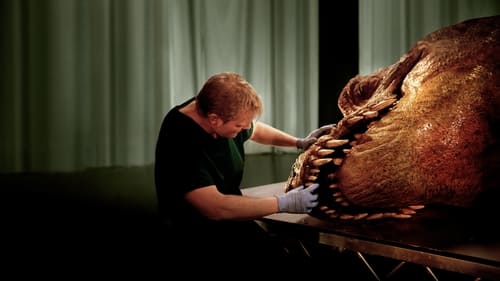
Imagine a biology lab filled by a 40-foot specimen, ready for dissection. The creature has skin like a crocodile, eyes the size of softballs and intestines large enough to fit your arm. T. rex Autopsy will go inside a full-size T. rex for the first time ever to reveal how the 65-million-year-old beast may have lived. Using cutting-edge special effects techniques, and in collaboration with esteemed veterinary surgeons, anatomists and paleontologists, T. rex Autopsy will build the world’s first full-size anatomically precise Tyrannosaurus rex, based on the very latest research and findings. The massive monster will be lifelike inside and out, giving scientists the chance to touch it, smell it, scan it, x-ray it and cut it open from head to toe.

David Attenborough tells the story of the discovery and reconstruction in Argentina of the world's largest-known dinosaur, a brand new species of titanosaur.

Five times, Earth has faced apocalyptic events that swept nearly all life from the face of the planet. What did these prehistoric creatures look like? What catastrophes caused their disappearance? And how did our distant ancestors survive and give rise to the world we know today?
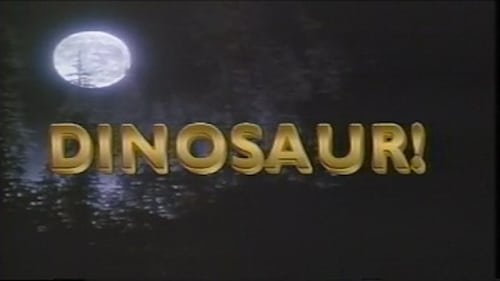
An entertaining documentary look at dinosaurs with Emmy Award-winning special effects, feature film clips and stills, commentary by leading paleontologists of the time, and an on camera as well as voice-over narrative by Christopher Reeve. Shot on location in Los Angeles and New York at the American Museum of Natural History

When a huge meteorite crashed into the earth 66 million years ago and caused the disappearance of the dinosaurs, some of the planet’s tiniest species survived the cataclysm, and—against all odds—eventually became some of the greatest giants to ever roam the earth. From the poles of the planet to the belly of the equator, this documentary sheds new light on four giant animals that are still a great mystery to science today: the Titanoboa snake, the Megalodon shark, the giant rhinoceros and the giant sloth.

Looking at whether the history of early human evolution should be rewritten. For decades, most experts have been convinced that Africa is the cradle of mankind and many fossil finds from Kenya, Ethiopia, South Africa and Chad seemed to prove it.

In Morocco, new excavations on the site of Jebel Irhoud upset the generally accepted view of the dating of the appearance of man.
















